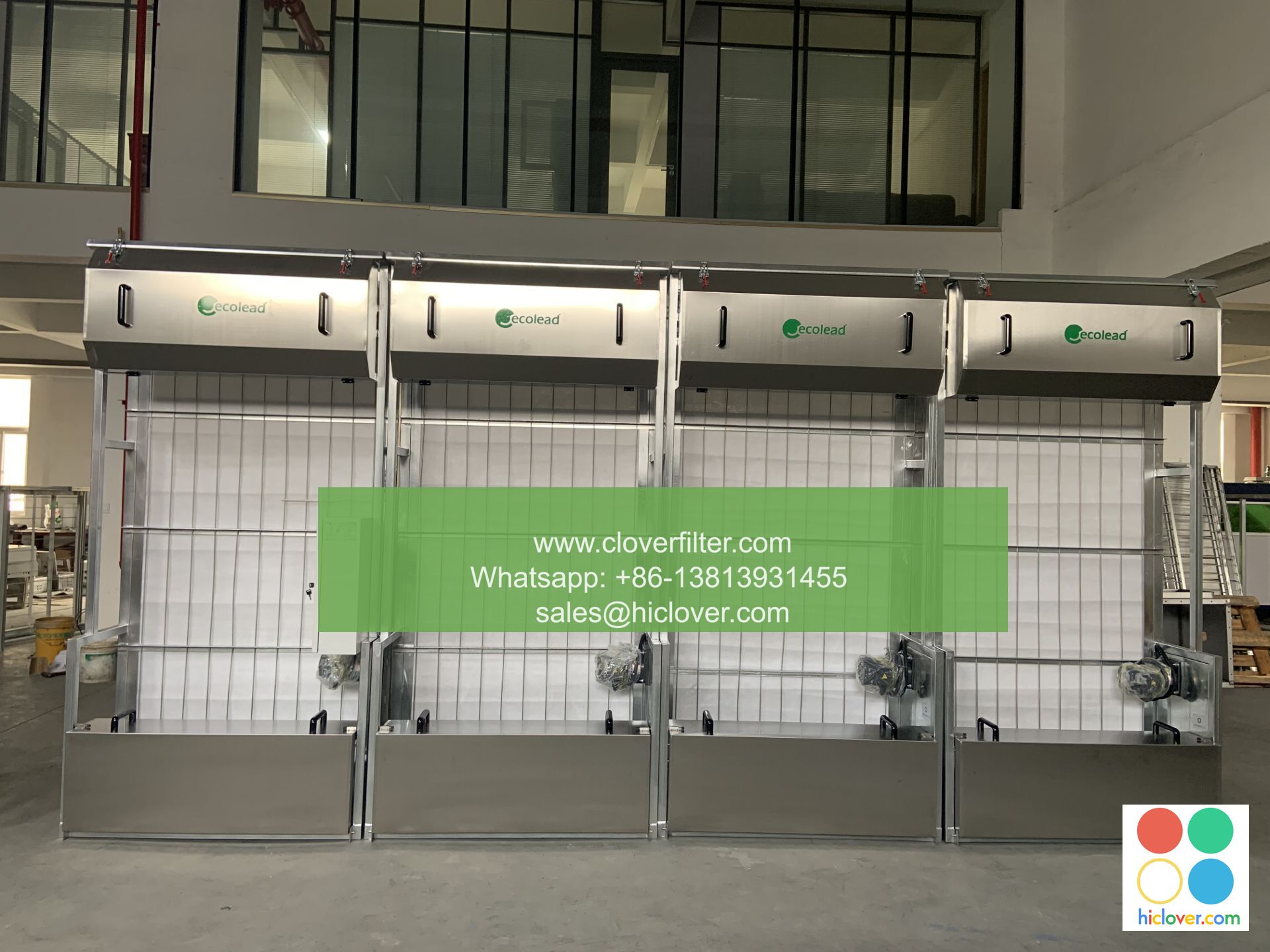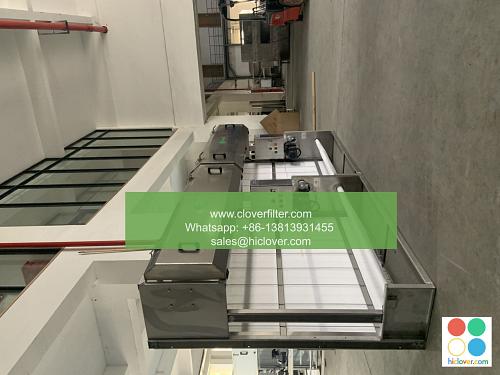The Impact of Automatic Roll Air Filters on Cancer Research at Mayo Clinic

The Mayo Clinic, a world-renowned medical research and practice organization, has been at the forefront of cancer research, constantly seeking innovative ways to improve patient outcomes and advance our understanding of the disease. One often-overlooked aspect that has contributed significantly to this effort is the implementation of automatic roll air filters in their facilities. These advanced air filtration systems have played a crucial role in maintaining a clean and healthy environment, which is essential for sensitive cancer research and patient care.
Introduction to Automatic Roll Air Filters
Automatic roll air filters are designed to provide continuous, high-efficiency air filtration with minimal maintenance. Unlike traditional filters that need to be replaced periodically, these systems automatically roll out new filter media as the old section becomes saturated, ensuring consistent air quality. This technology is particularly beneficial in research and healthcare settings, where air purity and contamination control are paramount.
Applications in Cancer Research
At the Mayo Clinic, automatic roll air filters have found applications in several areas critical to cancer research:
– Lab Settings: Laboratories where cancer cells are studied and where genetic sequencing and other molecular biology techniques are performed require extremely clean air to prevent contamination of samples. Automatic roll air filters help in maintaining the sterility of these environments.
– Operating Rooms and Patient Care Areas: For patients undergoing cancer surgery or other treatments, minimizing the risk of infection is crucial. High-efficiency air filtration systems reduce the concentration of airborne pathogens, contributing to a safer environment for these vulnerable patients.
– Data Centers and Computational Research: The immense computational power required for artificial intelligence in cancer research, data analysis, and simulations generates significant heat. Automatic roll air filters help in cooling these systems by providing a dust-free environment, which is essential for the optimal functioning of sensitive electronic equipment.
Impact on Research and Patient Outcomes
The integration of automatic roll air filters into the Mayo Clinic’s facilities has had a notable impact on both research capabilities and patient outcomes:
– Improved Research Accuracy: By minimizing environmental contaminants, researchers can rely on the integrity of their data, leading to more accurate conclusions and advancements in cancer treatment.
– Enhanced Patient Safety: Reduced risk of infection and a cleaner environment contribute to better patient outcomes, especially for those with compromised immune systems due to cancer treatments.
– Increased Efficiency: The automated nature of these filters reduces the manpower needed for maintenance, allowing staff to focus on more critical aspects of research and patient care.
Future Perspectives and Innovations
As cancer research continues to evolve, with advancements in immunotherapy, targeted therapy, and personalized medicine, the importance of maintaining optimal research and treatment environments will only grow. Future innovations in air filtration technology, such as nanofiltration and smart filter systems that can detect and adapt to air quality changes in real-time, hold promise for even further improvements in cancer research and patient care at institutions like the Mayo Clinic.
Conclusion
The role of automatic roll air filters in cancer research at the Mayo Clinic underscores the critical importance of environmental control in advancing medical science and patient care. By ensuring a clean, safe, and efficient research and treatment environment, these systems contribute to the broader goal of improving outcomes for cancer patients. As research and technology continue to advance, the integration of innovative solutions like automatic roll air filters will remain essential for pushing the boundaries of what is possible in the fight against cancer.

